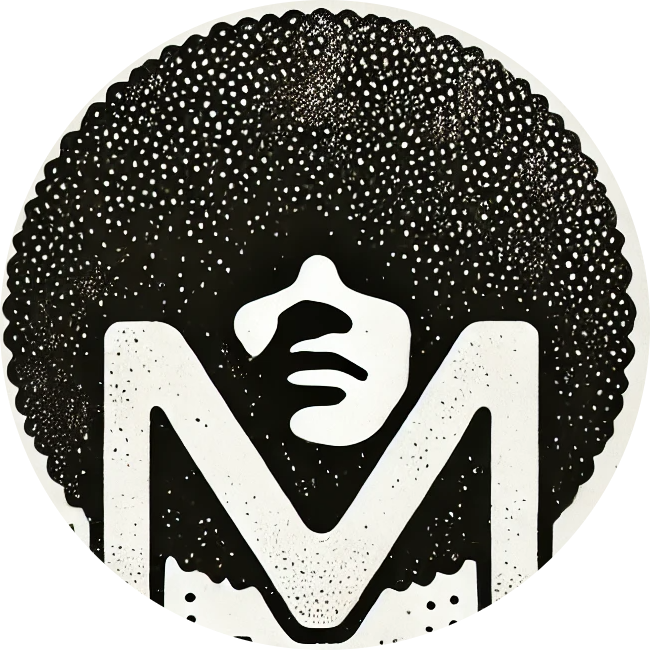Making the case for Hedi Slimane at Gucci, Discussing L’oreal’s investment into Jacquemus & Discussing the effect of Trump’s tarrifs on fashion.
Follow me on Twitch: https://www.twitch.tv/fashionroadman
My E-Book: https://www.thefashionarchivemag.com/shop
Patreon: https://www.patreon.com/fashionroadman
Spotify: https://open.spotify.com/show/30khAeSML8vrmhrbCL86Ca
Join My Fashion Discord: https://discord.gg/vW6vMz2eHq
Website: https://www.thefashionarchivemag.com/
Social Media: https://linktr.ee/fashionroadman
Join this channel to get access to perks:
https://www.youtube.com/channel/UCVmPyrwjL0wepDhmvgzlOcA/join
___________________
MORE INFO
Hedi Slimane left LVMH-owned Celine in October and would be a top choice for Gucci. The star designer is regarded as an exceptional talent, with an edgy but classic point of view that packs commercial punch. During his tenure, annual sales at Celine more than doubled to €2.5 billion ($2.6 billion), according to analyst estimates (LVMH does not break out performance by brand). He previously helped Kering transform Saint Laurent into a billion-dollar business, though his 2016 split with the company turned into a messy divorce, and how well his French aesthetic would work for Italian Gucci is an open question.
___________________
Jacquemus is moving into beauty, with backing from one of the industry’s biggest players.
French cosmetics giant L’Oréal has taken a minority stake in the buzzy French brand, underpinning a long-term beauty partnership announced Friday. The financial terms of the deal were not disclosed.
Jacquemus’s charismatic founder and designer Simon Porte Jacquemus has carefully guarded his brand’s independence since its founding in 2009, but flagged last year that he was looking for a minority investor to help the label grow.
Jacquemus is one of fashion’s best-known names, especially among young Gen-Z consumers.
The brand grew steadily in the wake of the pandemic, with sales exceeding €270 million ($290 million) in 2023. But in an increasingly choppy luxury market dominated by conglomerates, the designer felt a deep-pocketed backer was needed to push the business to the next level.
“I value my independence, I want to pass down this company to my children, but I have to break through the glass ceiling by finding the right partner,” Jacquemus told French newspaper Le Figaro in October.
A push into beauty has been long awaited. In 2021, Spanish fragrance and fashion house Puig took a 10 percent stake in the company with a view to launch a beauty line; the plan was later aborted and Jacquemus repurchased the stake the following year.
L’Oréal’s investment comes at a pivotal time for the brand, as it seeks to sustain momentum in a challenging luxury market. The company opened a flurry of new stores in New York, London and LA last year, its first international doors. Alongside the retail push, it has pursued an elevation strategy, increasing prices and switching much of its production to Italy.
For its part, L’Oréal is doubling down on prestige beauty: This week, it also took a minority stake in the Omani luxury fragrance house Amouage.
The Jacquemus beauty line will be housed under L’Oréal’s Luxe division, alongside products under license from the likes of YSL, Prada and Valentino brands. L’Oréal also owns the fashion house Mugler, which it purchased from French beauty company Clarins in 2020.
In a statement, Cyril Chapuy, president of L’Oreal Luxe, said Jacquemus has “outstanding luxury beauty potential”, calling out its “singular brand positioning”, creativity and social-media savvy.
___________________
For fashion companies caught in the middle of the Trump administration’s long-promised trade war, it’s the uncertainty, rather than any specific tariffs, that’s causing the most pain.
The Trump administration will levy 10 percent duties on imports from China, the White House announced over the weekend.
Additionally, the order seeks to close the “de minimis” trade loophole that allows orders of less than $800 in value to be shipped duty free, which helped fuel the popularity of platforms like Shein and Temu in recent years.
The Trump administration has yet to release the timetable for how and when specific products will be subject to the new tariffs. It also remains to be seen whether the duties will become a permanent cost of trade — as with the 2019 tariffs on Chinese goods that remained in effect even during Joe Biden’s presidency.
Already, 25 percent tariffs on Mexican and Canadian imports, originally part of the package announced over the weekend, have been delayed after the two countries struck diplomatic deals Monday to work with the US on border security and drug trafficking. And last week, the Colombian government eased Trump’s threat of a 25 percent tariff on imports from the country by agreeing to the “unrestricted acceptance” of deported migrants from the US.
#fashion #luxuryfashion #gucci #hedislimane #jacquemus

